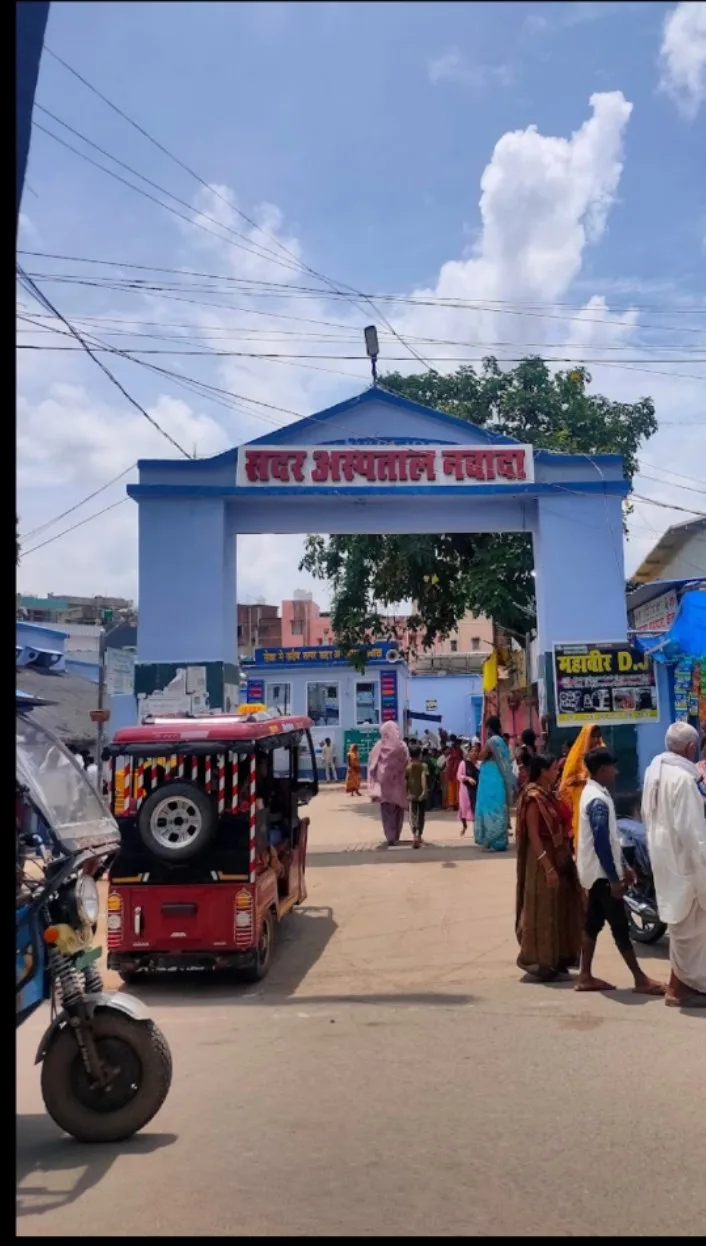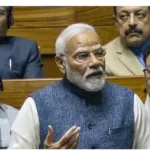Bihar, a state with a rich cultural heritage, has been grappling with healthcare challenges for years. One of the critical issues is the need for a robust healthcare infrastructure that can cater to the diverse medical needs of its population. This op-ed advocates for the upgrade of all district Sardar hospitals into super specialty hospitals and transforming block level primary health centers (PHCs) into multi-specialty facilities. By doing so, the Bihar government can significantly enhance healthcare services, alleviate the burden on district Sardar hospitals, and improve overall public health outcomes.
Current Scenario:
As of the latest available data, Bihar faces challenges in providing specialized medical care, especially in rural areas. District Sardar hospitals, though pivotal in the healthcare ecosystem, often lack the necessary super specialty facilities. This results in patients having to travel long distances to access specialized treatments, causing delays in critical interventions.
Upgrading Sardar Hospitals
By upgrading all district Sardar hospitals into super specialty hospitals, Bihar can bridge the healthcare gap and ensure that citizens have access to advanced medical treatments within their districts. This move will require substantial investment, but the long-term benefits are undeniable. Super specialty hospitals can provide services such as cardiac care, neurosurgery, and oncology, meeting the diverse healthcare needs of the population.
Facts and Figures:
1. Healthcare Accessibility:According to a recent study, over 60% of Bihar’s population faces challenges in accessing specialized healthcare services within a reasonable distance.
2. Patient Burden: District Sardar hospitals, as they stand, are inundated with patients seeking specialized care, leading to overcrowded facilities and compromised patient outcomes.
3. Economic Impact: Upgrading healthcare facilities has a positive economic impact. Improved health services lead to increased productivity, decreased medical tourism, and an overall boost to the state’s economy.
Transforming Block level PHCs into Multi-Specialty Centers:
Simultaneously, transforming block PHCs into multi-specialty centers is essential for decentralized healthcare delivery. These centers can provide a wide range of medical services, reducing the need for rural residents to travel to district Sardar hospitals for basic healthcare needs.
Traffic Reduction and Improved Efficiency:
Implementing multi-specialty PHCs will not only ease the traffic load on district Sardar hospitals but also enhance the efficiency of healthcare delivery. Patients with routine healthcare needs can be treated at the local level, freeing up resources in larger hospitals for critical cases.
The upgrading of district Sardar hospitals into super specialty facilities and transforming block PHCs into multi-specialty centers is a strategic move that can revolutionize healthcare in Bihar. The state government must prioritize this initiative, allocating resources and collaborating with private entities to ensure the successful implementation of this transformative healthcare strategy. By doing so, Bihar can pave the way for a healthier, more resilient future for its citizens.







